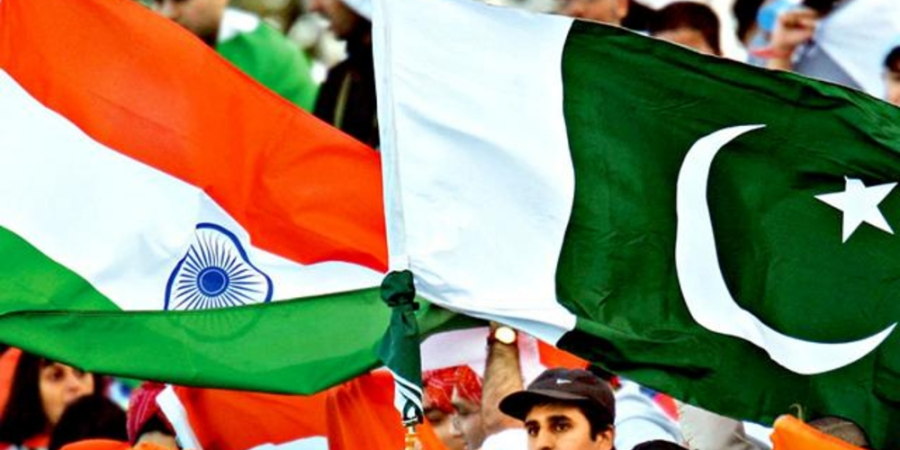

The cricket rivalry between India and Pakistan is one of the most intense and storied in the history of sports. Rooted in history, culture, and politics, the contest transcends the boundaries of the cricket field, capturing the imagination of millions on both sides of the border and around the world.
The rivalry traces its origins to the partition of British India in 1947, which led to the creation of India and Pakistan. This division was accompanied by large-scale migration, communal violence, and deep-seated animosities that influenced relations between the two nations. Cricket, being a shared colonial legacy, quickly became a means of asserting national pride and identity.
The first official cricket match between India and Pakistan took place in 1952, shortly after Pakistan gained Test status. The series was played in Delhi, and India emerged victorious. For both nations, the match was more than just a game; it was a symbolic moment that reflected their burgeoning identities on the global stage.
Over the decades, cricket became a theater for displaying national pride, and each encounter between the two teams was viewed as a mini-battlefield where victory carried immense political and emotional significance.
India-Pakistan cricket has often been disrupted by political tensions and conflicts, including wars, border disputes, and terror attacks. Bilateral series have been sporadic, with many planned tours canceled due to strained diplomatic relations. As a result, much of the rivalry has been confined to multi-nation tournaments like the Cricket World Cup, Asia Cup, and ICC events.
The high-stakes nature of these matches, combined with their rarity, has only amplified the intensity of the rivalry.
1986 Austral-Asia Cup Final (Sharjah): Pakistan's Javed Miandad struck a last-ball six off Chetan Sharma to secure an iconic win, etching the match in cricket folklore.
1996 World Cup Quarterfinal (Bangalore): A high-octane game saw India triumph, with a charged atmosphere both on and off the field.
2007 T20 World Cup Final: In a nail-biting contest, India defeated Pakistan to win the inaugural T20 World Cup, sparking euphoria among Indian fans.
2011 World Cup Semifinal (Mohali): Watched by millions, including the Prime Ministers of both nations, India defeated Pakistan to advance to the final.
2021 T20 World Cup: Pakistan broke its World Cup jinx against India, winning by 10 wickets, a historic and emotional moment for their fans.
The rivalry extends beyond the field, influencing fan culture, media narratives, and commercial interests. Matches between the two nations attract massive viewership, making them some of the most-watched sporting events globally. Cricket boards, sponsors, and broadcasters benefit immensely from the financial windfall these matches generate.
Despite the animosity, the rivalry has also produced moments of sportsmanship and mutual respect. Players like Virat Kohli and Mohammad Rizwan have exchanged warm gestures, showing that the spirit of cricket transcends political barriers.
In recent years, cricket diplomacy has been sporadically proposed as a means to improve bilateral relations. However, the political complexities continue to overshadow such efforts. Fans on both sides, however, yearn for more frequent encounters, recognizing the unique thrill and camaraderie the rivalry brings.
The India-Pakistan cricket rivalry is a unique blend of passion, history, and high-stakes competition. While the political tensions may ebb and flow, the cricketing contest remains a symbol of the shared love for the sport, keeping alive the hope for greater understanding and unity in the future.
